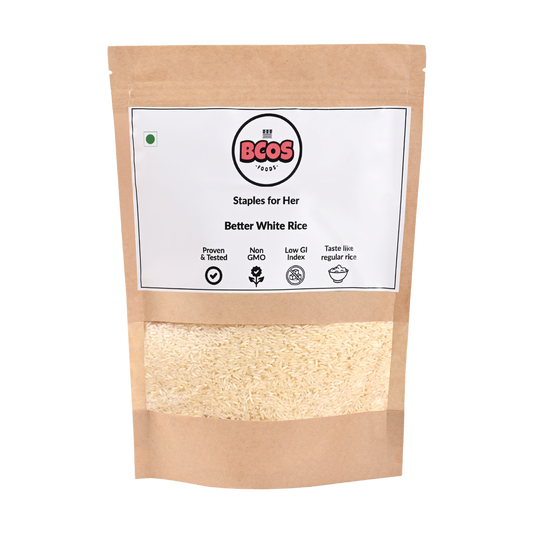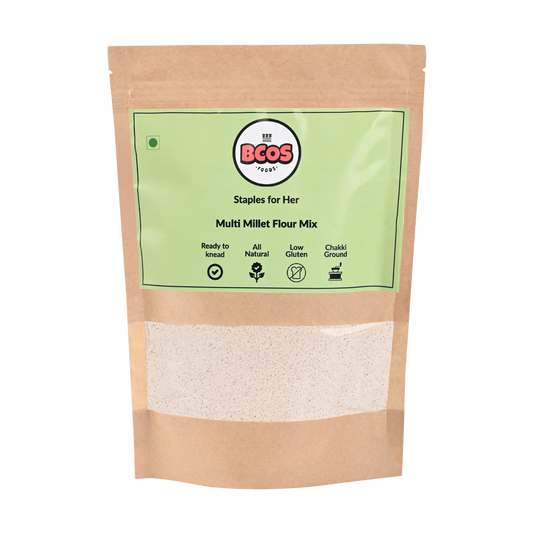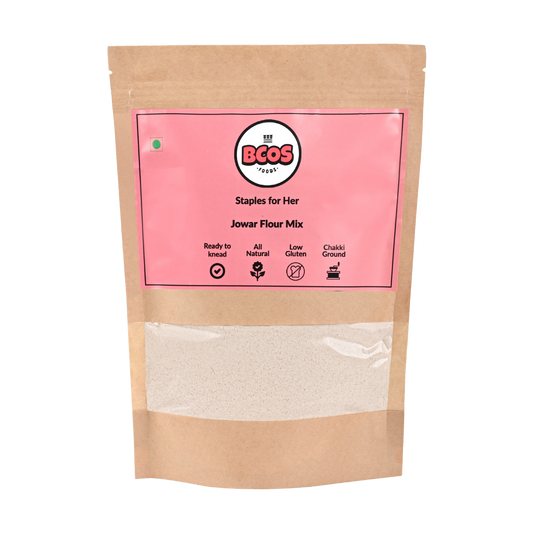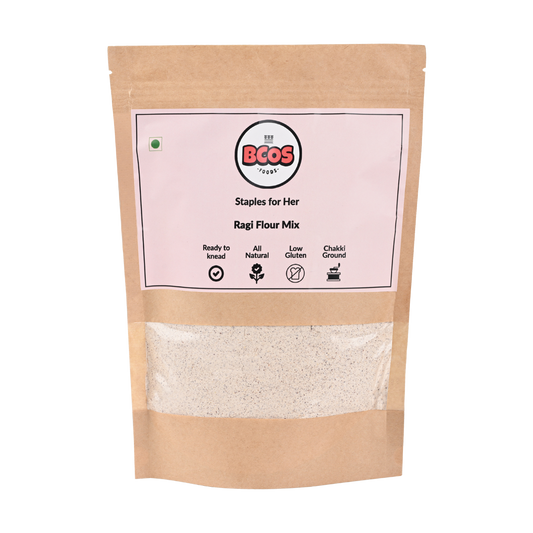Millet is one of the ancient cultivated grains in India. And the practice of consuming millets in a daily diet is not new to us. They had been the major staple food in India for centuries till the time of the Green Revolution. After the approach of high-yielding assortments of rice and wheat during the 1970s, millets got side lined from our food crate. The justification for this is the absence of mindfulness about the nourishing advantages, the not-really rich taste, and the tag of a helpless man’s food. Millets come with a variety and very high nutritional value, including high content of protein, fiber, vitamins, and minerals. These nutrients are essential for maintaining good health, including good ovarian health in women.
Millets provide balance to the imbalanced hormones of your body. There are a variety of millets, Ragi, Jowar, and Bajra are most beneficial for balancing hormones. All these millet grains control cholesterol and blood sugar levels and are gluten-free as well. They are all rich in calcium, protein, iron, and amino acids which helps improving hormonal imbalance. Research says upto 75% of our health problems are solved by nutrition and millets definitely, owing to their high nutritional value belong to the category of superfoods.
Here are some ways in which millets can help improve ovarian health in women:
- Regulation of hormonal balance: Millets contain phytoestrogens, which are plant compounds that mimic the effects of estrogen in the body. These compounds can help regulate hormonal balance in women, which is important for maintaining good ovarian health.
- Reduction of inflammation: Millets contain anti-inflammatory compounds that can help reduce inflammation in the body. Chronic inflammation has been linked to many health problems, including ovarian cysts and endometriosis, which can affect ovarian health.
- Rich in antioxidants: Millets are rich in antioxidants, which can help protect the body from oxidative stress. Oxidative stress has been linked to many health problems, including ovarian cancer, which can affect ovarian health.
- High in fiber: Millets are high in fiber, which can help improve digestion and reduce the risk of constipation. Constipation can lead to hormonal imbalances and other health problems that can affect ovarian health.
- Low glycemic index: Millets have a low glycemic index, which means they are slowly absorbed and do not cause a rapid increase in blood sugar levels. High blood sugar levels have been linked to hormonal imbalances and other health problems that can affect ovarian health.
Overall, consuming millets regularly provides important nutrients and compounds that helps improve ovarian health in women. However, it is important to remember that a balanced and varied diet, along with regular exercise and other healthy lifestyle habits, is essential for maintaining good overall health.
Also, do checkout our tasty millet flour staples to take charge of your nutritional modifications for long term reproductive health management.






